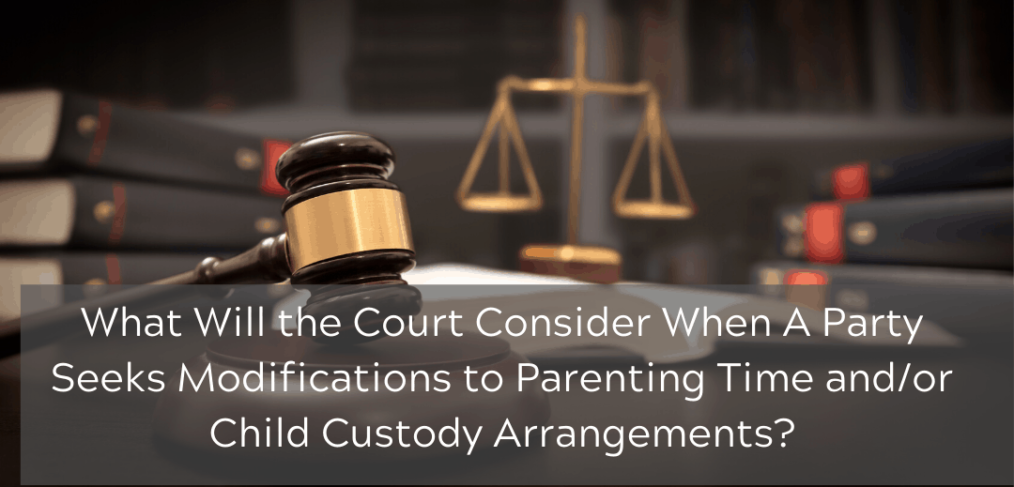Your judgment of divorce has been officially signed and entered by the court. What happens next? Your judgment contains a lot of important terms that define what your rights and responsibilities are now that the divorce is final.
It’s very common in a marriage for one person to handle certain responsibilities while the other person handles others. For example, your husband may handle all of the finances and bills, while you handle managing the home and the kids. Or maybe you handle all of the bills and expenses while your husband manages the investments. If you want to get a divorce, but you’re afraid of missing out on assets simply because don’t have much information about your marital estate, don’t worry. We can get that information for you.
Your divorce is finally over and you’re ready to start a new life in a new town. Pack up the kids and get outta Dodge. Then you remember that provision in your judgment of divorce that said something about changing the legal residence of your kids. Or maybe you went through a support or custody action years ago and don’t really remember what you’re supposed to do if you want to move.
So the court orders your child’s father to make child support payments to help you out with the expenses for the kids, and you think “Great, finally a little help!” Then your child’s father conveniently forgets to make the payments or just flat out tells you that he’s not going to pay, and you’re left bearing the burden of paying for everything yourself.
Well, don’t worry, there are things we can do to help you get your support!
Very few divorce cases actually go to trial. Trial imposes great emotional cost (airing dirty laundry in public; giving your life decisions to someone else) as well as financial cost (attorney preparation and trial presentation, subpoena costs, expert witness fees, etc.). Most cases are settled and of those, most settlements occur as a result of mediation, a method of alternative dispute resolution. Mediation in divorce cases is provided for under the court rules and is a cost-effective way to resolve a case. However, each side must be prepared to compromise.
In a manner of speaking, yes, but it is rare to find an attorney who will accept the responsibility of a case without any retainer unless there is a large marital estate and/or substantial income earned by the other spouse. Whether or not ones entire fee will be paid is unknown until the end of the case.
In family law matters, the past behavior and practices of the parties will always be examined whenever change is sought. Michigan law in this area is well established and courts are continually bombarded with parents asking for modifications to child custody or parenting time arrangements. One common mistake that many parents make, is that they assume past indiscretions or old issues can be brought up when seeking modification of prior orders. When asking the court to change an existing custody and/or parenting time arrangement, a court will only consider occurrences in the time period after the last court order was made.
As family law and divorce attorneys, we are frequently asked: what do I do if I am served with a complaint for divorce? How does Michigan handle divorce? How long do I have to respond? What is default?
In the shadow of a failing marriage and the accompanying emotional pain, divorce is often the only solution to a better life. It is a very consequential decision to make and one that should not be taken lightly. Before a woman files for divorce, she should ask herself seven key questions.
You’ve heard of the expression: “Jack of all trades, master of none.” It applies to the practice of law, now, more than ever. As time goes on, the laws change and procedures change. The need to deal with a specialist is paramount as there is a separate body of law for each legal subject that the practitioner must know. With family law, there is even a separate division of the Circuit Court (Family Court Division) to handle the cases. An attorney will also have to deal with the Friend of the Court personnel for each county in which they practice. If an attorney is out of their element, how effective can he or she be? If the matter is highly contested and/or there are complex issues, the answer becomes even more obvious.










